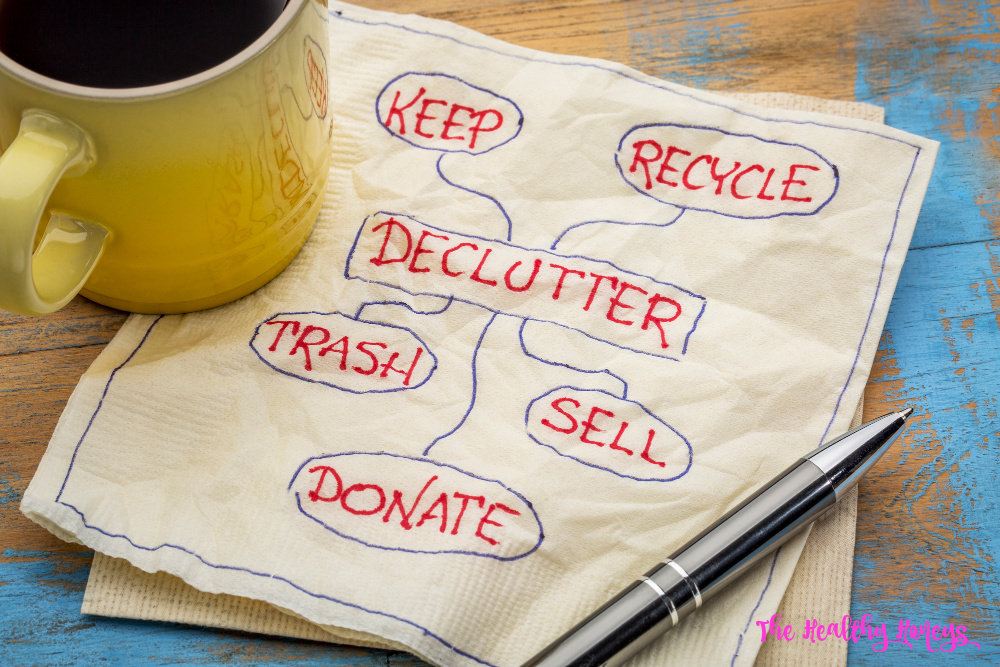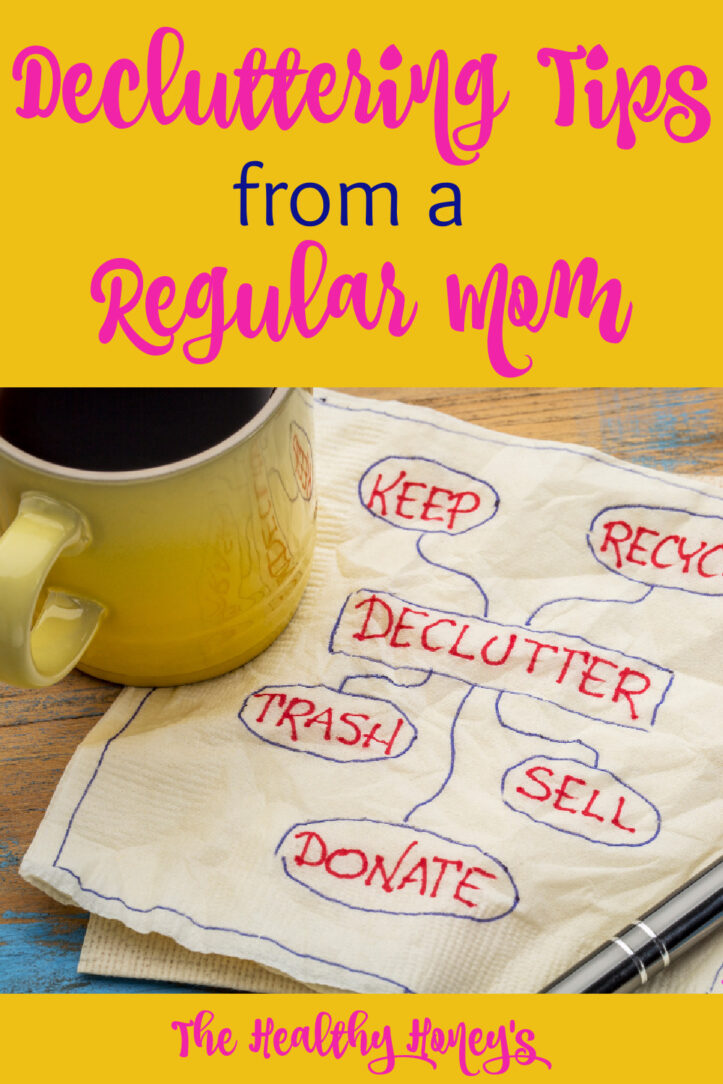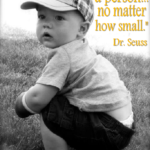I totally get the craze over minimalism. It has a massive appeal when you are staring at mountains of laundry, and tornadoes of toys. The decluttering itch begs to be scratched! I get it. I really really get it. I’ve read more than one book on minimalism and as much as it gears me up to clean up and clean out my house I also just don’t fully resonate with the concept.
I like the idea of preparedness, and I’m a home body that wants to have things to do in my house, without having to leave to do things. Both of those things require having stuff. I’m an artist, and a homeschool mom of four. Again, more stuff. More clutter, and more mess. But not always.

How to Keep Kids’ Rooms Clutter Free-ish
It took me a lot of years, regrettably, to adopt the idea that if the child can’t keep a clean bedroom, then they have access to too many possessions. It took years after hearing the concept for me to make changes. Don’t make that mistake!
I personally don’t love stripping kids of possessions. I prefer putting things out of reach and rotating what they get to play with. I include them in the management of this. They go through their belongings and decide if they still like the toy, if they play with it, if they want to give it away, or if they want to just put it away for a while. Having the option to put it away along with give it away actually seems to encourage them to give more away. They also are much more on board with the process.
For the sorting of clothing items, I do it all in the laundry room. If they are worn out, stained, or have holes in them, they go in the trash. If they are too small they go either in a hand-me down bag or in a donation bag that hang in my laundry room. Only occasionally do I also need to go through clothing in the kid’s rooms. That happens if they have items that they never ever choose to wear. In this case I generally donate them regardless of whether they still fit or not. I find that if one child refuses to wear it due to a comfort issue, the next one most likely won’t like it either.
Family Decluttering Challenge
Every year, generally in January, we do a declutter challenge. Everyone goes and looks through their possessions and gathers up things that they no longer want. The person with the biggest pile gets a prize.
Another way we have I have set up family declutter challenges is having everyone get rid of one thing on the 1st, two things on the 2nd, and so on. I find that kids start getting frustrated with this process around the two week mark. That is generally enough decluttering to make a noticeable difference so we stop and don’t finish out the month.
Clutter is an Ownership and Boundaries Problem
Once children are beyond the toddler stage, clutter problems are really matters that need to be addressed by addressing two things: ownership, and boundaries.
First ownership. The rule of thumb is, if you make a mess, you clean up that mess, and you do it before doing anything else. This goes for everyone in the house. Take your shoes off to watch a movie? Clean them up before going on to the next thing. This is the single most important rule for household management. Period.
Second, boundaries. As a parent, it is my responsibility to make sure, that kids follow the ownership rule. It is also my responsibility to make sure that they are capable of taking care of their things. I get to set boundaries on when they can use what items, on if they have more than they can handle, and on if they get to have more. If I’m not doing those things then I can’t expect them to be capable of fulfilling their responsibilities.
Lock it Up
In my house I have a closet for all of the craft and art supplies. It all fits in this closet nice and neatly. There is a lot in there. If kids have free access to this closet, it will eventually look like a tsunami and no one can find anything. This door is no locked. Access requires permission because they have all proven they aren’t capable of putting things away properly and I don’t want to spend frustrating hours fixing it.
This is an example of a boundary. It might seem restricting or strict, but it actually makes everyone happier and more free because things stay in order and are easy to find.
Time Restricted Rewards
When I am doing a great job of parenting and cleaning I use the following strategy. I create a plan something fun. I tell everyone when we are going to do the fun, and then I tell them what is required of them to get to participate in the fun.
For example, I purchased a family swim pass for the month of January. I let everyone know which days will work for going swimming. I try to cram in as many days as possible. Generally three or four work out well. The requirements to go are that everyone has clean rooms, and the main communal areas of the house are clean, and that everyone contributed fairly to making it clean. They are also all required to have their school work done and any other responsibilities taken care of. If they are done with their work at four pm. They get to swim. If they aren’t done. They get to stay home or go to grandma’s house to be watched. It only takes once for kids to make the mistake of not having everything done. And I don’t have to, and will not nag them to make it happen.
Sometimes it appears that you either have to be a minimalist, be able to afford a regular housekeeper, or never have children, to keep a clean and organized home. These things may certainly make it easier. However, decluttering a home isn’t as hard as we often make it out to be. A little bit of consistency, a splash of fun, and a few strict boundaries can make all the difference.

I’d love to hear what ways you manage decluttering and what tricks have made a big difference for you? Drop me a comment!







Good ideas—thanks!
Thank you! If you try any of the tips and they help you I’d love to know.